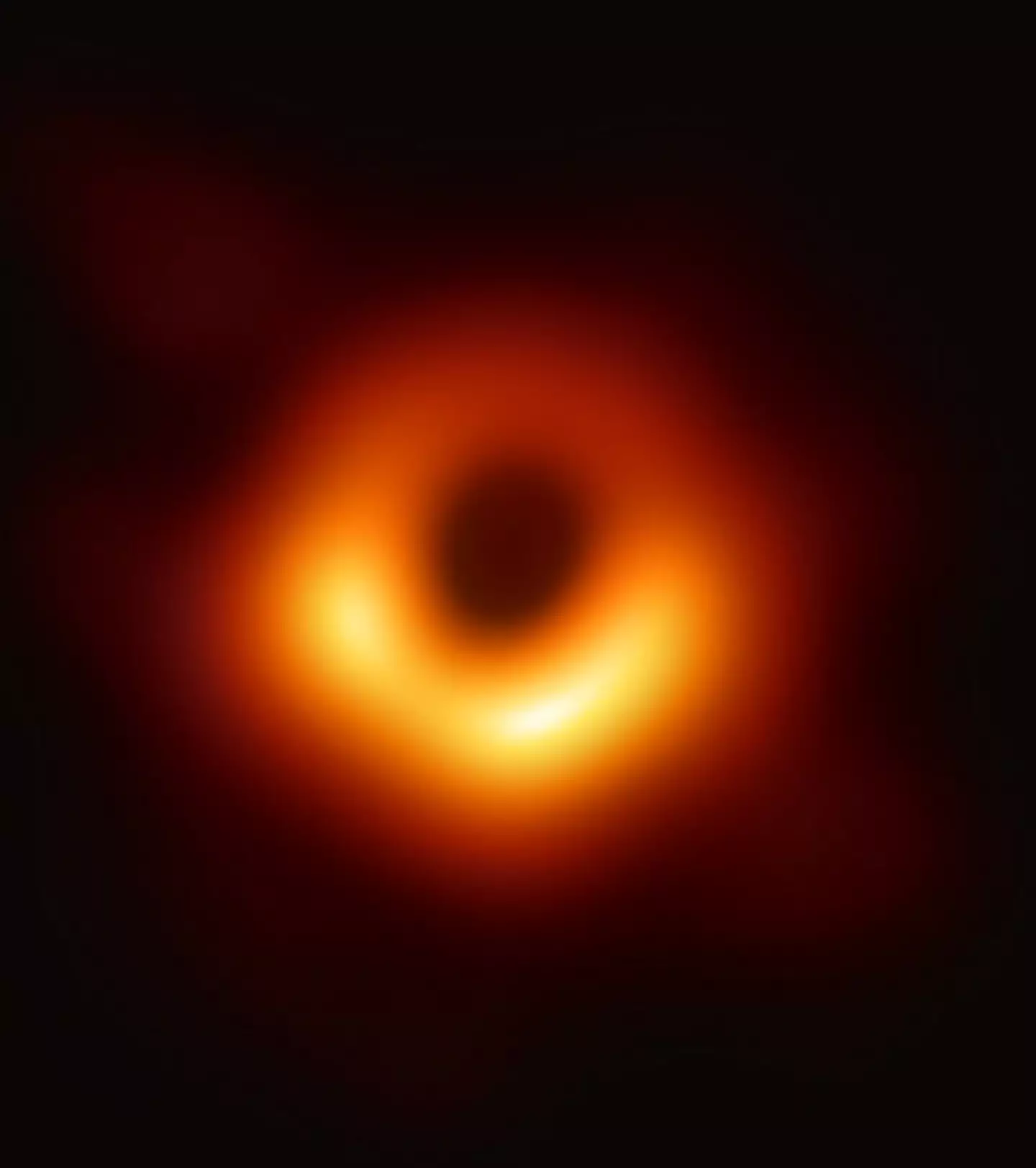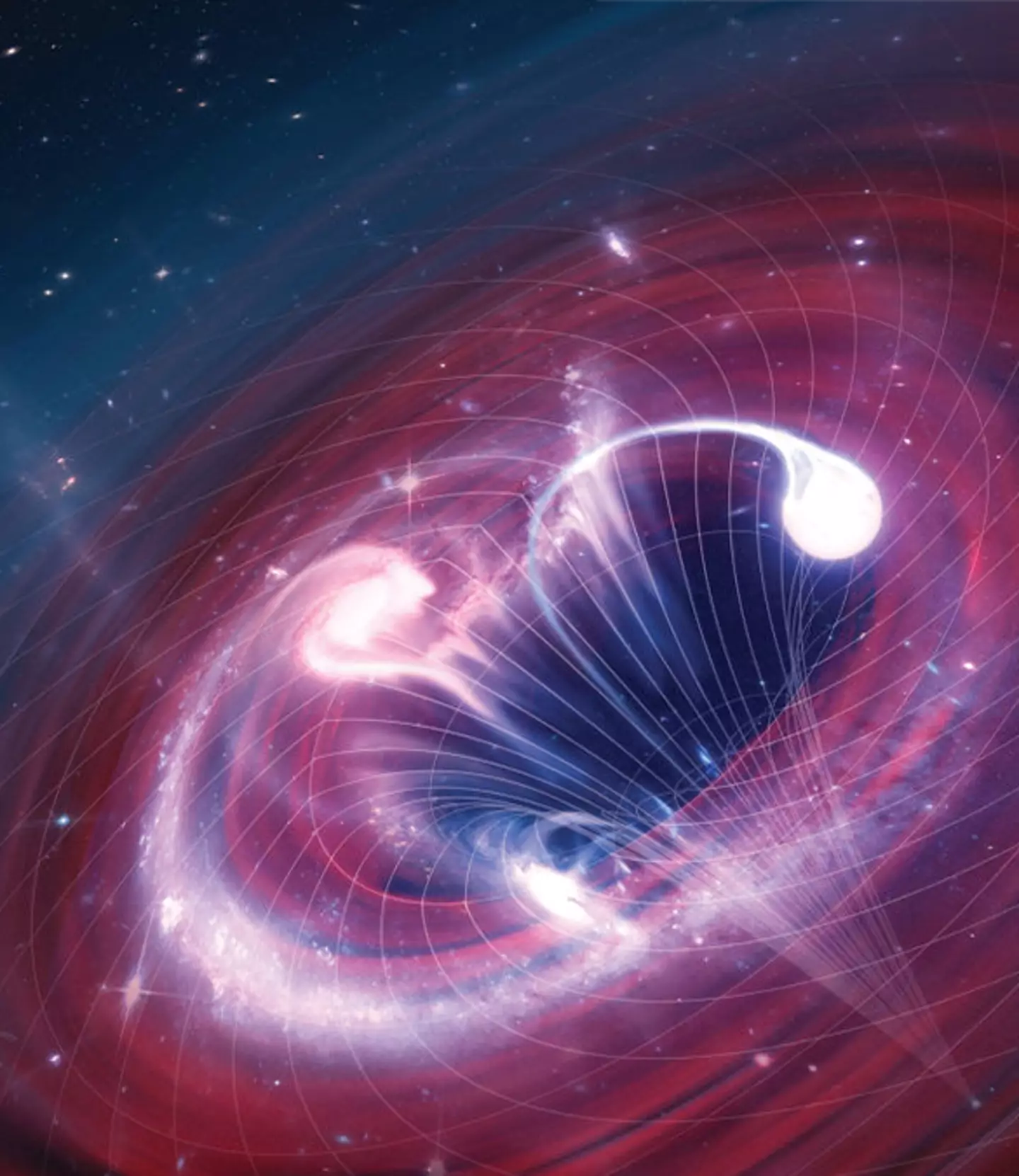
Among the multiple black holes that have ruptured around 100 million years after the Big Bang, astronomers have discovered the oldest of them all.
The James Webb Space Telescope (JWST) has successfully observed the ancient black hole, an immense entity with a mass 1.6 millions times that of the sun.
Astronomers report its age to be over 13 billion years, dating back to the dawn of the universe.

Advert
Professor of astrophysics at the University of Cambridge, Roberto Maiolino, - who also led the observations - was surprised at its enormous size. He said: 'The surprise is in it being so very massive. That was the most unexpected thing.'
Maiolino continued: 'Black holes in the early universe can't grow quietly and gently as many black holes do in the local [present-day] universe. They must experience some peculiar birth or formation, and some peculiar growth.'
Today, astronomers believe black holes are born from the collapse of giant stars, growing in size by consuming gas, dust, stars and even other black holes.
Friction causes the material to spiral into black hole's centre, emitting light that can be detected by telescopes, and transforming them into active galactic nuclei (AGN).
The most extreme form of AGN are quasars - supermassive black holes billions of times heavier than the sun - casting light that shines brighter than the brightest of stars.

Equipped with cameras around 100 times more sensitive than previous telescopes, the JWST enables astronomers to look back in time to the universe's origins.
The latest observations of the galaxy called GN-z11 takes us back to the black hole origins and suggests they were either 'born big or ballooned extremely rapidly early on.'
Professor Andrew Pontzen, a cosmologist at University College London who was un-affiliated with the research said: 'Understanding where the black holes came from in the first place has always been a puzzle, but now that puzzle seems to be deepening.
'These results, using the power of JWST to peer back through time, suggest that some black holes instead grew at a tremendous rate in the young universe, far faster than we expected.'
Scientists have tossed around a bunch of theories about how black holes came to be, like the heavy seeds scenario or the hypothesis that they formed during cosmic inflation.
Pontzen concluded: 'Either way, the story of how black holes and galaxies grew up together is a riveting one that we are only just starting to piece together.'